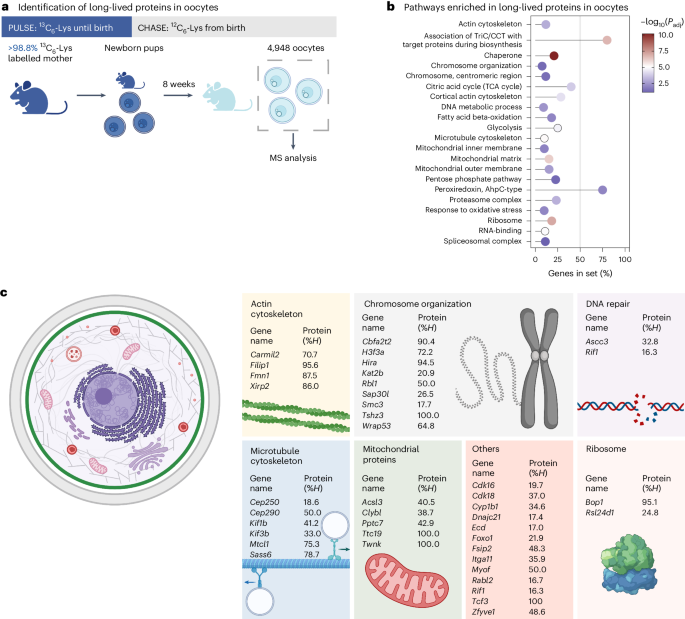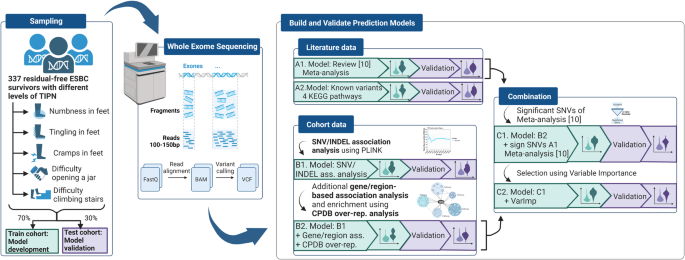2024-07-04 マックス・プランク研究所
<関連情報>
- https://www.mpg.de/22168023/0704-ornr-researchers-measure-heartbeats-of-bats-during-flight-987453-x
- https://royalsocietypublishing.org/doi/10.1098/rspb.2024.0855
心拍数モニタリングにより、夜行性コウモリのオスにおける季節によるエネルギートレードオフの違いが明らかになった Heart rate monitoring reveals differential seasonal energetic trade-offs in male noctule bats
Lara Keicher,J. Ryan Shipley,Melina T. Dietzer,Martin Wikelski and Dina K. N. Dechmann
Proceedings of the Royal Society B Published:10 July 2024
DOI:https://doi.org/10.1098/rspb.2024.0855

Abstract
Understanding how animals meet their daily energy requirements is critical in our rapidly changing world. Small organisms with high metabolic rates can conserve stored energy when food availability is low or increase energy intake when energetic requirements are high, but how they balance this in the wild remains largely unknown. Using miniaturized heart rate transmitters, we continuously quantified energy expenditure, torpor use and foraging behaviour of free-ranging male bats (Nyctalus noctula) in spring and summer. In spring, bats used torpor extensively, characterized by lowered heart rates and consequently low energy expenditures. In contrast, in summer, bats consistently avoided torpor, even though they could have used this low-energy mode. As a consequence, daytime heart rates in summer were three times as high compared with the heart rates in spring. Daily energy use increased by 42% during summer, despite lower thermogenesis costs at higher ambient temperatures. Likely, as a consequence, bats nearly doubled their foraging duration. Overall, our results indicate that summer torpor avoidance, beneficial for sperm production and self-maintenance, comes with a high energetic cost. The ability to identify and monitor such vulnerable energetic life-history stages is particularly important to predict how species will deal with increasing temperatures and changes in their resource landscapes.

